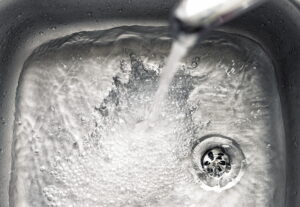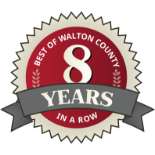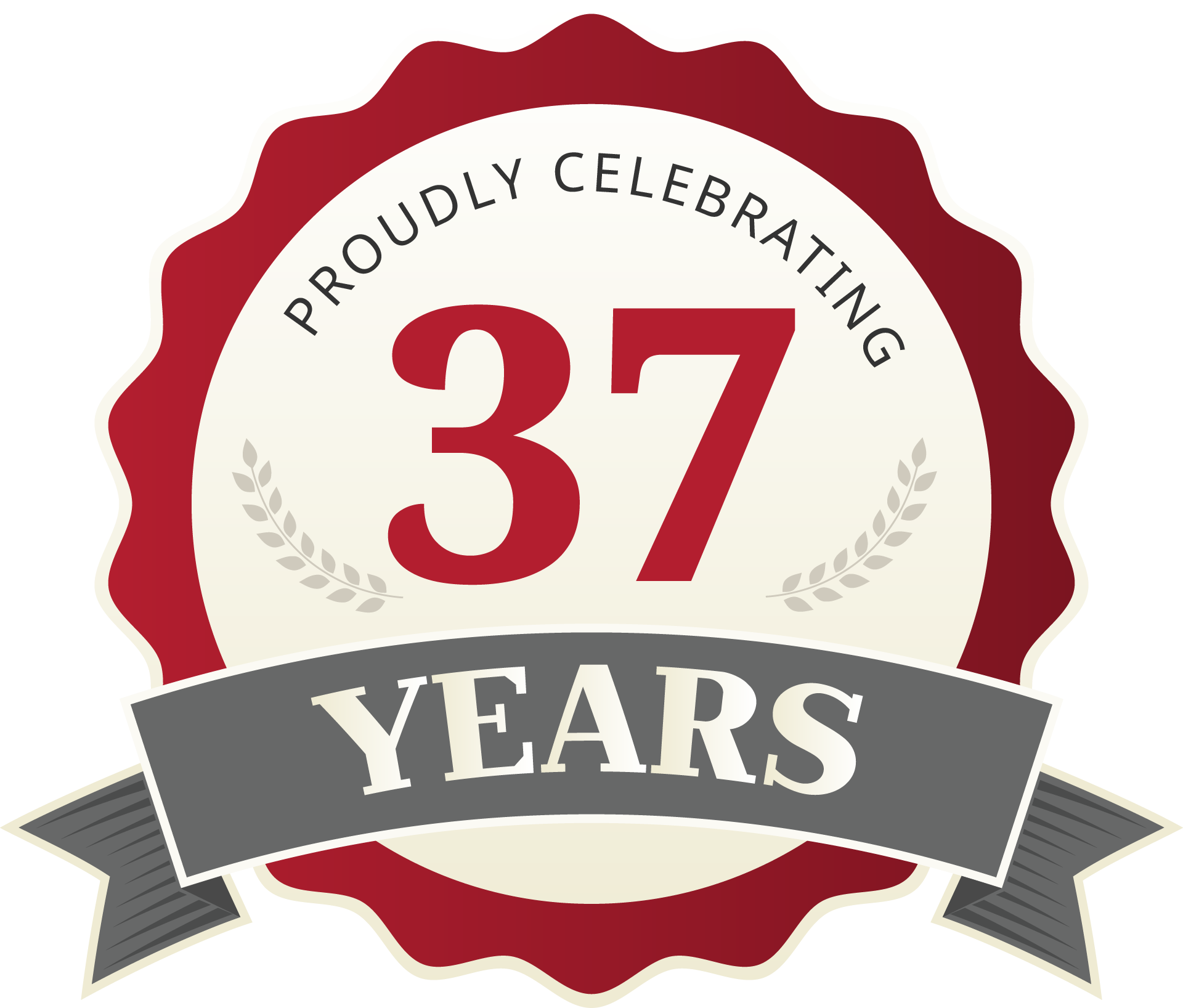
You probably don’t think much about your sewer lines – that is until you have a problem. When something goes wrong with your sewer line, a lot of progress in your home ceases. You can’t wash dishes or clothes, flush toilets, or take showers. If it’s a clog that’s causing an issue, it may be a bigger problem than you can tackle on your own.
What are the most common emergency warning signs of a failing sewer line?
- Repeated or widespread clogs (more than once monthly or in several fixtures)
- Slow drainage developing gradually across sinks, tubs, and toilets
- Foul sewage odors coming from drains or yard
- Gurgling or bubbling sounds during flushing or draining, often from damaged p‑traps
- Sewage backups forcing you to shut off water immediately
If you need an emergency plumber in Athens, GA, our team can help. But what happens when you’re having sewer problems but you’re not sure if the job calls for a professional? Well, that’s actually the best time to call a plumber. You definitely want to get ahead of any plumbing problems before they get worse. We’re highlighting five signs that you have an emergency sewer line issue.
Signs of Frequent Drain Clogs
Do you find yourself battling minor clogs in one place fairly often? Frequent clogs in one area of your plumbing are a sign that something is wrong. In fact, clogs that happen more than once a month are considered too frequent. Something is causing repeated clogs and needs to be addressed. If not, the problem could get to the point that you can’t fix it on your own.
Multiple Simultaneous Drain Clogs
An even bigger red flag is if your home has clogs in different places all at once. This is likely a more significant problem than one persistent clog because the issue is deeper in your plumbing system. If your main plumbing or sewer connections get clogged it can impact every plumbing line in your home. Do your best to turn off running water around your home and let our team of professionals assess the problem. Clog sources in drain lines might be to blame.
Water draining Slowly? Here’s Why
You may notice over time that the water drains more slowly from your sink. The change can happen so gradually that you don’t notice it at first. You may not associate this problem with a clog, but it’s possible that the blockage is increasing a little bit at a time.
Unpleasant Drain Odors and What They Mean
It’s no surprise that your household drains can smell from time to time. But if it smells like sewage, something serious may be wrong. Sewage may be backed up into your lines somewhere in the house. If none of your drains are clogged, run water down all of your drains to rinse them out. If that doesn’t work, call a professional. Your sewage lines have a connection called a p-trap that is designed to block sewage, and it may be broken. Timely drain cleaning can prevent more severe issues like these. Avoid harsh chemical cleaners that could damage your pipes. Drain cleaning services can address these issues before they escalate.
Gurgling Noises in Your Drains Explained
This problem often goes hand in hand with bad odors coming from your drains. As you rinse water down the drain, listen for a gurgling sound. The water should go down smoothly and without bubbling sounds. Gurgling is another sign that your p-traps are damaged. Continuing to use your plumbing without addressing the problem can lead to backups, clogs, and even damage to your home. To avoid costly repairs, make sure to follow homeowner plumbing maintenance tips. Preventive maintenance can help catch these warning signs early.
Frequently Asked Questions
Question: What are common signs that I have an emergency sewer line problem?
Answer: Frequent clogs, slow drains in multiple fixtures, sewage backups, gurgling noises from toilets or drains, and foul odors inside or outside are key indicators that your sewer line may be compromised and need immediate attention.
Question: Why might I see wet or unusually lush patches of grass in my yard?
Answer: Wet or overly green lawn patches often indicate an underground sewage leak acting as fertilizer. This can signal a ruptured or cracked sewer line, forcing waste to seep up and enrich the soil above.
Question: Can unusual noises like gurgling in plumbing suggest sewer line trouble?
Answer: Yes. Gurgling or bubbling noises when water drains can mean air is trapped by blockages or cracks in the main sewer line. It’s often one of the earliest signs of trouble.
Question: What health risks should I worry about if I have a sewer line issue?
Answer: Sewer line problems release hydrogen sulfide and methane, posing risks like headaches, dizziness, respiratory irritation, mold growth, and ground contamination. These issues demand professional inspection and repair.
Question: How do I know if the problem requires a repair or full replacement of the sewer line?
Answer: Small blockages or root intrusions may only need cleaning or spot repairs. Severe damage—like collapsed pipes, corrosion, frequent backups, or root overgrowth—typically requires a full sewer line replacement.
Schedule an appointment with us now so we can help you relax again. At Snellville Heating, Air and Plumbing, Your Comfort Is OUR Business!



